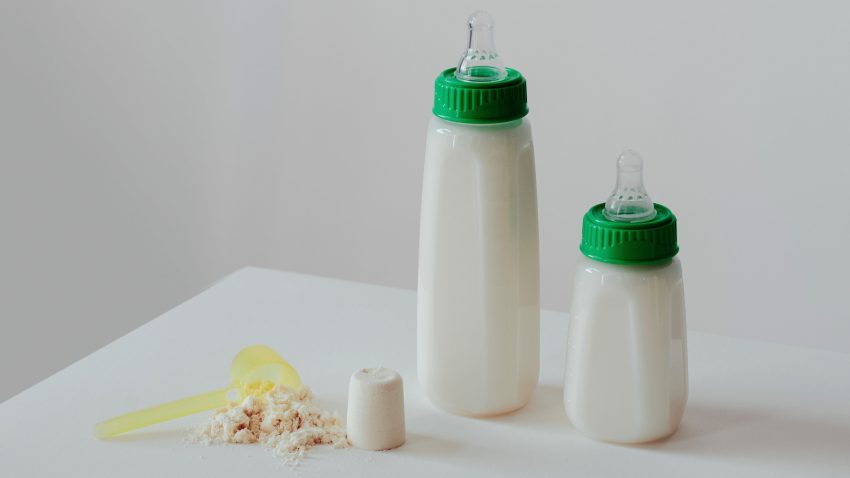My Baby Doesn’t Like Formula: What Can I Do?
It can be stressful when your baby refuses formula, whether you’re supplementing breastfeeding or exclusively formula feeding. However, don’t despair! There are many reasons why babies might resist formula, and with a little patience and troubleshooting, you can find ways to make it more appealing for your little one.
Why Might My Baby Reject Formula?
Here are some common reasons why babies may dislike the taste or experience of formula:
- The taste: Formula has a different flavor than breast milk, and some babies take time to adjust.
- The temperature: Babies may prefer warm formula that’s closer to the temperature of breast milk.
- The nipple flow: If the flow’s too fast or slow, your baby may get frustrated.
- Teething discomfort: Sore gums can make bottle feeding uncomfortable.
- Digestive issues: Some babies may have sensitivities to ingredients in certain formulas.
Strategies to Try
Don’t worry! There are several things you can try if your baby seems to dislike formula:
- Change the formula: Ask your pediatrician about switching to a different type of formula, like a soy-based or hypoallergenic option.
- Experiment with temperature: Try offering the formula slightly warmed or at room temperature.
- Try different nipples: Consider a nipple with a different flow rate or shape.
- Distraction-free feeding: Feed your baby in a quiet, calm environment.
- Mix with breast milk (initially): Gradually mix in decreasing amounts of breast milk with the formula to ease the transition.
- Offer small amounts: Start with smaller feedings more frequently.
- Add a touch of sweetness (sparingly): Ask your pediatrician if it’s okay to add a tiny bit of rice syrup or fruit puree to sweeten the formula temporarily.
When to Be Concerned
While a little fussiness is normal, consult your pediatrician if:
- Refusal persists: If your baby consistently refuses formula, it’s important to rule out underlying issues.
- Poor weight gain: Your baby should be gaining weight steadily. Talk to your doctor if you’re concerned.
- Signs of allergy: Vomiting, diarrhea, rash, or wheezing may indicate a formula allergy.
Patience is Key
It may take time for your baby to adjust to formula. Here are tips for staying patient and positive:
- Don’t take it personally: Your baby’s fussiness does not reflect on you as a parent.
- Seek support: Ask your partner, family, or friends for help and encouragement.
- Consult lactation professionals: They can offer personalized breastfeeding support and formula guidance.
- Relieve teething pain: Offer safe teething toys or a cold washcloth to ease discomfort.
Alternatives to Consider
If you’ve tried various options and your baby still strongly resists formula, talk to your pediatrician about these alternatives:
- Donor breast milk: Ask about safe, screened donor milk options in your area.
- Specialized formulas: Your doctor might recommend partially hydrolyzed or amino acid-based formulas if they suspect a severe allergy.
Important Note: Never give your baby cow’s milk before their first birthday. It cannot adequately meet their nutritional needs.
Conclusion
It’s natural to feel worried when your baby resists formula. However, remember that most babies eventually learn to accept it. By trying different strategies, remaining patient, and consulting your pediatrician, you’ll find a solution that works for your baby and ensures they get the nutrition they need.
